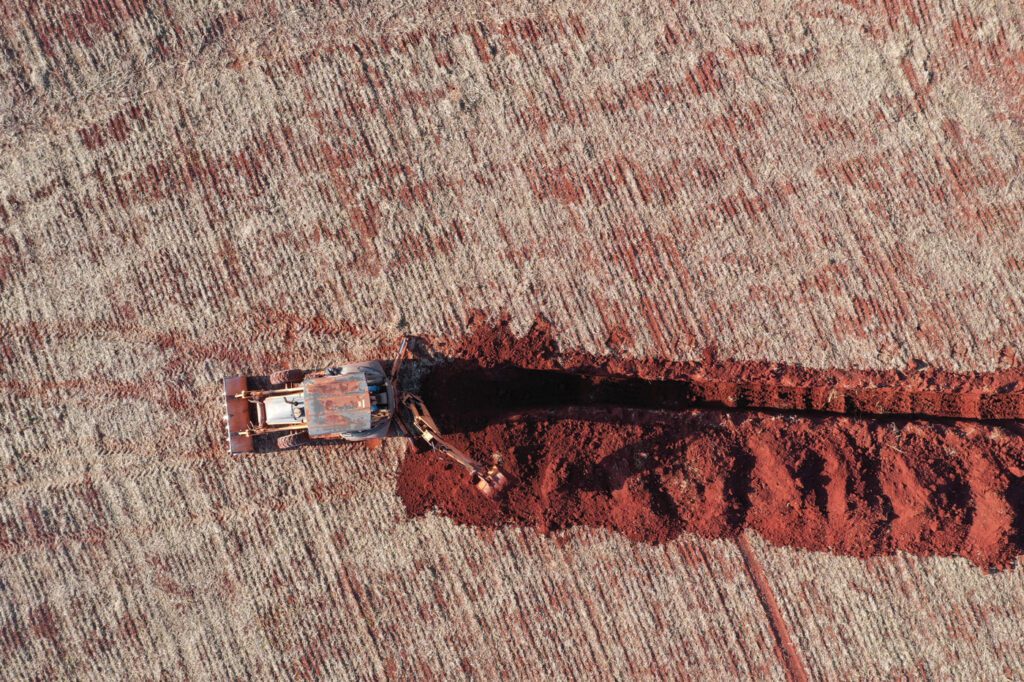Author
The recent case of Kirby v Electricity North West Ltd [2023] EWHC 75 (TCC) provides an important reminder about the importance of documenting tenancy arrangements. It also alerts utility companies to the need to ensure their contractors understand the extent of any agreed wayleaves before entering land to carry out works.
The case
In November 2017 Electricity North West’s (the defendant) contractors entered a field to replace an underground cable, in accordance with rights granted under two deeds of grant.
Under an informal tenancy agreement with the landowner, Kirby (the claimant) had exclusive possession of the field. The claimant also had an agreement with a potato dealer (B) that if B provided potato seeds, fertiliser and pesticides, the claimant would provide/prepare the land, and plant and harvest the crop. B would then have the first option to purchase the crop at market value.
The claimant was unable to grow potatoes on the land as planned since the defendant’s contractors caused such damage when carrying out their works. The claimant therefore brought a trespass claim against the defendant for the resulting loss.
The defendant argued that the claimant could not bring a claim for trespass as he was not a tenant; the landowner claimed BPS payments from 2015-2022, under which they declared the field was at their disposal.
However, the landowner gave evidence that they had an informal landlord/tenant relationship with the claimant. This allowed the landowner to claim the BPS payments, but under the informal tenancy agreement, the claimant had exclusive possession of the land, or at the very least, a degree of control and possession which allowed him to bring a claim for trespass.
Decision
The court found that the defendant’s contractors went outside the wayleave area permitted by the deeds of grant and caused severe damage to the centre of the field, exceeding the damage envisioned in the deeds of grant. This enabled the claimant to succeed in his trespass claim.
The court also held that the defendant owed the claimant a duty to take reasonable care not to damage the field physically during the works and/or to ensure that any unavoidable damage was repaired in a reasonable manner, so as to avoid a total or partial loss of crop.
The court awarded £54,652.40 to the claimant in damages, covering loss of profit for the potato crop and spring barley yield.
Lessons from this case
The case reminds landowners and tenants to document arrangements relating to land. Whilst here, the court was satisfied by informal arrangements, this is not guaranteed. Having documented arrangements will avoid unnecessary hurdles in court.
Utility companies should also ensure their contractors are properly briefed on their responsibilities when entering land to carry out works.
Print article

